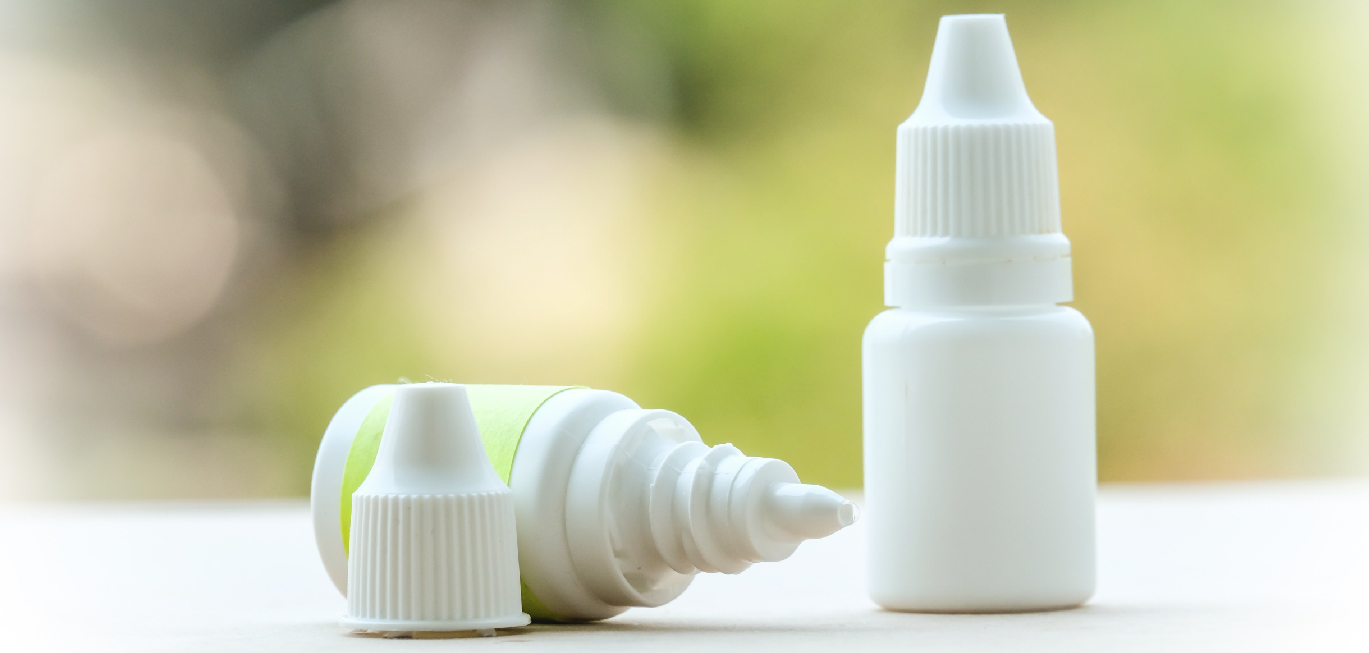
While it is generally considered to be a medical condition that affects people in the geriatric age group, cataract, a condition in which there is clouding in the lens of one’s eyes, can occur among children too and that is referred to as childhood cataract.
If not diagnosed and treated on time, childhood cataract can lead to poor vision and in some severe cases, blindness.
What is childhood cataract?
Dr Arun Samprathi BS, ophthalmologist and eye surgeon at Samprathi Eye Hospital and Squint Center, Bangalore, explaining cataract says, “Our eye essentially works like a camera — there is a lens and there is a film inside. In cataract, the lens of one’s eyes becomes opaque or cloudy.”
Childhood cataract, meanwhile, is a rare condition, in which children are either born with cataract at birth or develop them later on, Dr Samprathi says. Research published in the International Journal of Ophthalmology states that the prevalence of childhood cataract is around 1-15 per 10,000 children.
Dr Ramesh Kekunnaya, director of Child’s Sight institute, LV Prasad Eye institute, Hyderabad says that childhood cataract is a rare condition.
“In some cases, it can occur in early childhood while in others, it could be present since birth,” he says.
According to the American Academy of Opthalmology, cataracts in children can occur in one or both eyes and can appear in different parts of the lens and range in size from the size of tiny dots to looking like dense clouds.
Symptoms of cataract in children
Dr Samprathi says that although a cloudy vision or trouble in seeing are two common symptoms of childhood cataract, since the condition usually develops in very young children, they may not realize that they are having vision problems.
“Most children do not complain (about vision problems) because they do not know what is normal. They may think that everyone sees things as they do. Unless the child is older than five or six years, they may not complain about the trouble they’re having seeing things- like the black board at school, for instance,” he says.
He emphasises that parents should ideally watch out for a white reflex in the centre of the baby or child’s eye- in the pupil (white pupil). “This is indicative of cataract,” says Dr Samprathi, while adding that many times, parents may not really notice this. “It is the duty of the pediatrician to do an eye examination and look out for cataract lesions,” he adds.
Dr Asha Saxena Ahmed, ophthalmologist and eye specialist at Civil Hospital, New Delhi says that other symptoms of childhood cataract include a repeated, shaky movement of the eyes – up and down or side to side- and misaligned or crossed eyes.
What causes childhood/pediatric cataract?
Dr Samprathi says that pediatric cataracts can occur due to various reasons.
“Infections during pregnancy are one of the leading causes of childhood cataract in India- with the most common infection during pregnancy that leads to childhood cataract being rubella,” he says.
Dr Samprathi adds that sometimes, cataracts in children could be congenital.
“Sometimes, other disorders can also lead to childhood cataract, like metabolic disorders and other systemic problems. In many other cases, we may not even be able to find out the reason- in such cases, it is referred to as idiopathic,” he says.
Dr Ahmed says that eye injuries or trauma is another major cause of pediatric cataracts.
How is childhood cataract diagnosed?
Dr Samprathi says that a pediatric ophthalmologist will use eye drops to dilate the pupils.
“Then we examine their vision using instruments like the slit lamp, a biomicroscope. Diagnosis is usually done through clinical examination- there are no tests etc that these children are made to undergo to diagnose childhood cataract,” he says.
Treatment of childhood cataracts
Dr Kekunnaya says “If the treatment is not done at the right time, then the vision does not develop and due to this, the child’s overall development also does not happen.”
Dr Kirthika Rajaraman, consultant developmental paediatrician, Motherhood Hospitals, Hebbal, Bangalore says that for the child’s overall development- especially the language, social and motor development, vision, and hearing development are important.
If the treatment is delayed, then the visual recovery is also lesser, says Dr Samprathi.
Dr Kekunnaya says that it is important for all babies to undergo the newborn screening test to rule out any vision-related problems. “We do a test known as the Red Reflex Screening Test, which can detect congenital cataract in babies.”
“Surgery is one of the options available to treat childhood cataracts. But it is a delicate surgery. Some of them may need life-long care. They may need contact lenses and glasses,” Dr Kekunnaya says, adding that there are some risks associated with the surgery, such as a rise in eye pressure.
Important vision milestones
In babies, the sensory system- vision and hearing- develops fast in the first six months, says Dr Rajaraman.
“Around 1.5 months, the baby starts to see different colours and between four to six months, the baby can focus on things very clearly with his/her eyes. Around three months, the baby will be able to see all around- this is known as visual tracking. Say, if a parent is moving around the baby, the baby will be able to track or follow the parent’s movement with their eyes,” says Dr Rajaraman.
By six months, says Dr Rajaraman, the vision and hand coordination begin to align. “Say, if the baby is seeing an object, he/she may begin to reach out for it,” she says.
Takeaways
- Childhood cataracts are a rare opacity of the eye lens, seen in young children.
- They could be present at birth or the child could develop it later on.
- Timely diagnosis and treatment are important for the child’s overall development and to prevent long-term vision problems.

















